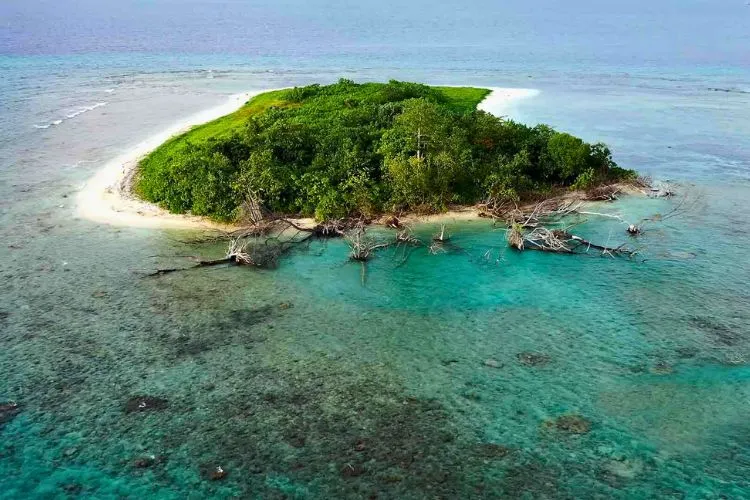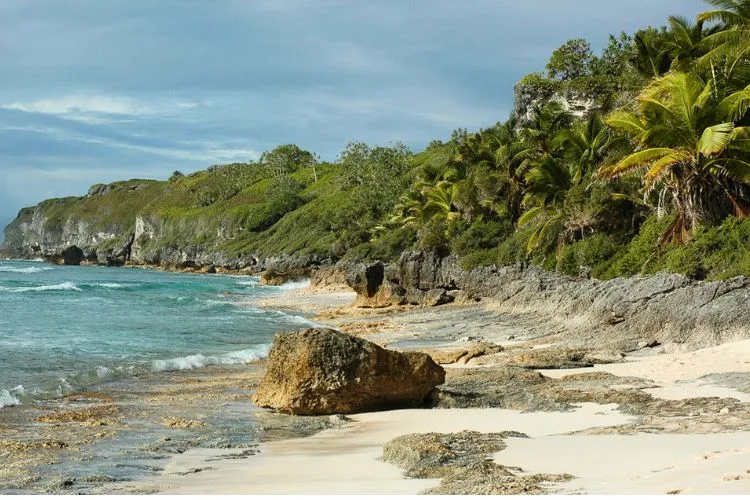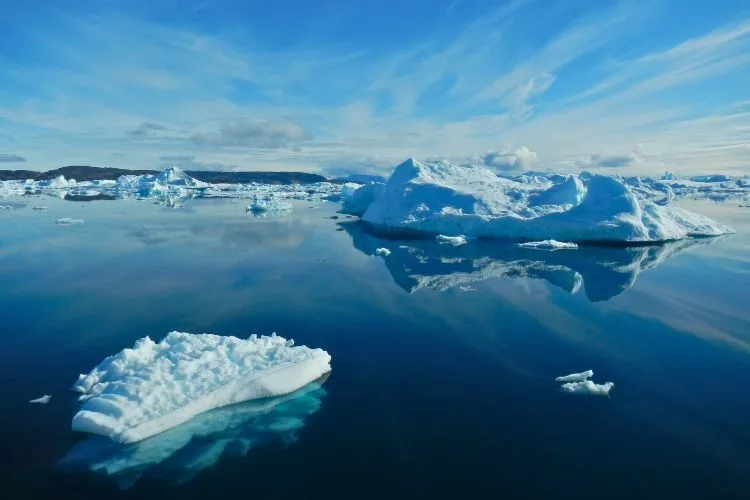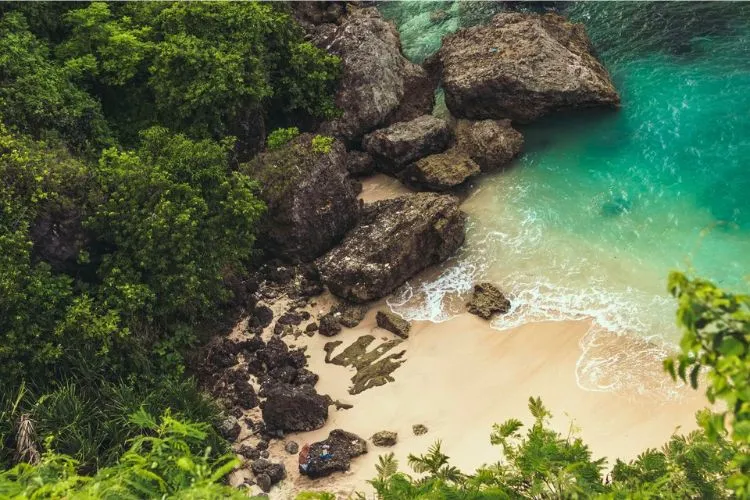The allure of an uninhabited island has long captured the human imagination.
Whether it’s the idea of escaping the hustle of modern life or the romanticism of starting anew, the concept has ample appeal.
But, is it legal to claim an uninhabited island?
Well, the reality of claiming such islands is fraught with legal complexities. This article delves into whether it is possible to lay legal claim to an uninhabited island in today’s world.

The Concept of Terra Nullius
Terra nullius is a Latin term that translates to “nobody’s land.” It refers to land that no one has claimed sovereignty over.
Historically, this concept allowed countries to claim new lands that were not under the rule of another recognized entity. Yet, the application of terra nullius is rare today due to widespread sovereignty claims. Understanding its original use is key to grasping current international law.

International Law and Sovereignty
International laws govern the claims to land and sovereignty. One principal document is the United Nations Convention on the Law of the Sea (UNCLOS).
It helps define national rights over maritime zones. Every coastal state has an Exclusive Economic Zone extending 200 nautical miles from its shore.
In this zone, the state has rights to the marine resources. This complicates claims to islands, as even uninhabited ones usually fall within someone’s EEZ.
Is it Legal to Claim an Uninhabited Island?
Today, both national and international laws influence land claims. Recognized sovereignty takes precedence. For an entity to claim new territory, it must adhere to international norms and gain acknowledgment from other states.
But the world has seen few successful claims in recent times due to the comprehensive nature of existing sovereign territories.
Case Studies
The world has witnessed various attempts to claim islands, often through the creation of micronations.
These are self-proclaimed entities that have not gained widespread recognition. Their legal standing remains mostly symbolic.
Ownership vs. Sovereignty
It is crucial to understand the difference between private ownership and sovereignty. Individuals may own property on an island but that does not grant them sovereignty.
Sovereignty implies complete authority over the territory and is typically held by a recognized state.
Practical Considerations and Challenges
Claiming an island involves more than just a legal declaration. One must consider the navigation rights of other nations, protect the environment, and respect any existing indigenous claims.

Additionally, maintaining an island can be an economic burden and require significant infrastructure and resources.
The Role of Recognition
A claim to an island is only as strong as the recognition it receives from the global community. Without recognition, a claim lacks legitimacy.
Disputed claims often drag on without resolution, making international recognition crucial for practical sovereignty.
Pro Tips
Anyone interested in claiming an uninhabited island should do their homework. They should research relevant laws and understand the political climate. Economic planning and legal guidance are also essential.
Future Prospects and Challenges
Climate Change and Rising Sea Levels
Environmental changes, especially global warming leading to rising sea levels, pose significant challenges to the viability and attractiveness of uninhabited island claims.
As sea levels continue to rise, smaller islands may become submerged, eroding their land area and potentially rendering them uninhabitable or even disappearing entirely.

This environmental threat impacts not only the physical existence of these islands but also complicates legal and sovereignty issues.
Governments and individuals interested in such claims must now consider the long-term impacts of climate change on these territories, assessing risks like erosion, biodiversity loss, and the increased frequency of extreme weather events, which could all affect the sustainability and strategic value of these claims.
Emerging International Norms
The future of international law regarding uninhabited islands seems poised for evolution, driven by changing global priorities such as environmental protection, the recognition of indigenous rights, and the need for international cooperation in managing common resources.

As nations become more interconnected and reliant on each other to combat global challenges like climate change, international norms may shift towards greater stewardship and shared governance of uninhabited territories.
This could lead to new legal frameworks emphasizing conservation, sustainable use of natural resources, and perhaps new forms of international territory management that prioritize global over national interests.
These evolving norms will likely redefine what it means to claim, own, and govern uninhabited islands in the future.
Frequently Asked Questions (FAQs)
Can you buy a private island in international waters?
The concept of international waters makes private ownership complex. Islands within EEZs are subject to the laws of the nearest country, and ownership falls under their legal framework.
What should one do if they find an uninhabited island?
Finding an uninhabited island likely means it falls under the jurisdiction of a nearby country. The finder should research sovereignty claims and approach legal authorities to understand potential ownership processes.
How do countries expand their territorial waters?
Countries typically cannot expand their territorial waters beyond the international norms set by UNCLOS. Expansion often results from negotiated agreements with neighboring countries.
What makes an island claim legitimate in the eyes of international law?
A legitimate island claim under international law requires that the territory is not claimed by any other nation and that the claiming nation can exert continuous and effective control over it.
Are there any completely unclaimed islands left in the world?
Most of the Earth’s land has been claimed. Some areas might appear unclaimed but usually fall under the jurisdiction of a country’s EEZ or are subject to international treaties.
Conclusion:
The dream of claiming an uninhabited island may seem appealing, but it’s hemmed in by legal realities. As romantic as it may sound, the challenges are many, and the likelihood of success is slim without navigating through a maze of international laws and political recognition.
In the pursuit of claiming an uninhabited island, the legal hurdles are substantial. While the idea enchants many, the practical steps to achieving such a claim involve a deep understanding of international law and norms that define modern sovereignty.


